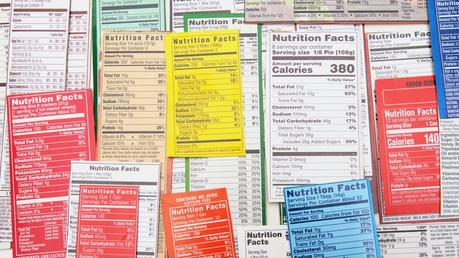
Olive oil, sunflower oil, safflower oil and canola oil with high levels of oleic acid in the US can now have a "qualified" heart health claim on their labels, the US Food and Drug Administration announced this week.
The new ruling allows manufacturers whose oil products contain more than 70% oleic acid to choose whether to have a specially-worded label for consumers. The wording on the label must state that "supportive but not conclusive scientific evidence suggests that daily consumption of about 1½ tablespoons (20 grams) of oils containing high levels of oleic acid may reduce the risk of coronary heart disease."
However, there is a catch: The label must also make clear, the FDA says, that to achieve this heart-healthy benefit, these oils "should replace fats and oils higher in saturated fat and not increase the total number of calories you eat in a day."
MedPage Today: FDA OKs heart disease prevention claim for high oleic acids oils Healio: FDA allows qualified health claim for CV benefits of certain edible oils Washington Times: FDA will allow labels saying olive oil improves heart health, with a catchFor a number of years, manufacturers of edible oils have been petitioning the FDA, for an "authorized" health claim allowing them to say that high oleic acid oils may reduce risks of heart disease, but the FDA has rejected those petitions.
An authorized health claim meets a more rigorous standard of "significant scientific agreement," about the relationship between a substance and a disease. A qualified health claim means there is much more limited scientific evidence that doesn't meet the same rigorous standards.
The FDA announcement said it was basing its decision for the "qualified claim" for high oleic acid oils on seven small clinical studies, six of which were "modestly" positive on lipid markers such as total cholesterol and low density lipoprotein cholesterol -as long as the high oleic acid oils replaced saturated fat in the diet.
Should the FDA be categorically demonizing saturated fat, however, and linking it to heart disease? Our assessment is that should rank, too, as another "qualified claim" - one with very limited scientific evidence that doesn't meet a rigorous standard.
In fact, study after study shows there is no evidence that saturated fat is bad for you!

